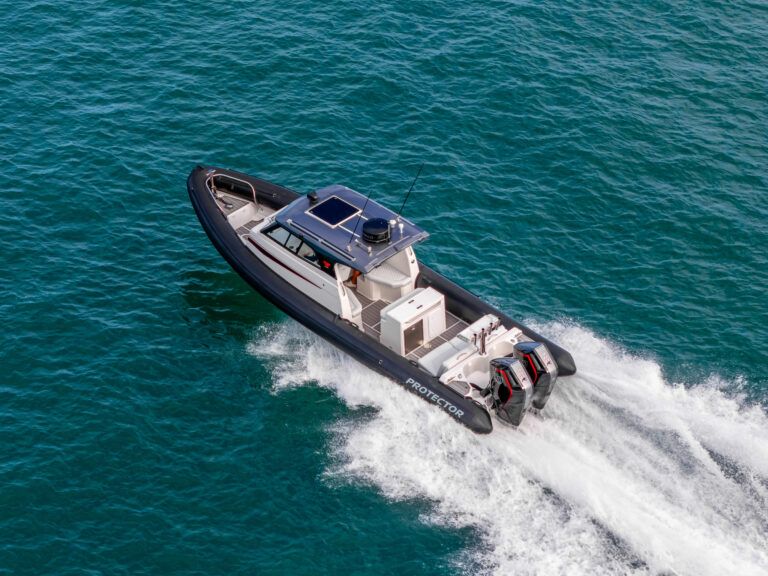On the beach in the Canary Islands of La Palma, a large sperm whale washed up dead. Despite rough seas and high tides rushing up to the carcass, Antonio Fernández Rodríguez, head of the institute of animal health and food security at the University of Las Palmas, made it his job to conduct a postmortem of the whale. He never expected what he found inside.

According to The Guardian, Fernández assumed the whale had a digestive issue that led to its death, so he got to work inspecting the animal’s colon. He discovered a hard rock stuck to the whale’s intestine. The rock however, was not just any rock.

“What I took out was a stone about 50-60cm [almost 2 feet] in diameter weighing 9.5 kilogram [about 21 pounds],” Fernández said.
The stone was ambergris, a very rare substance commonly referred to as floating gold. The substance is highly coveted by perfumers as it can be used to enhance the life of scents. The rock Fernández discovered was valued at 500,000 euros (over $550,000).
Ambergris is produced by one in 100 sperm whales when squid beaks and other sharp objects they ingest threaten to puncture their intestines. In some instances, whales will excrete the material, but in some cases, it grows too large, rupturing or blocking the intestine and killing the animal.
Fernández determined that sepsis from the ambergris is what killed the whale in La Palma. While the trade of ambergris is illegal in the US, Australia and India, the university in La Palma is looking for a buyer. The university plans to donate the money to victims of the Island’s 2021 volcano eruption.
“The law is different in every country,” Fernández said. “In our case, I hope the money will go to the island of La Palma, where the whale ran aground and died.”










